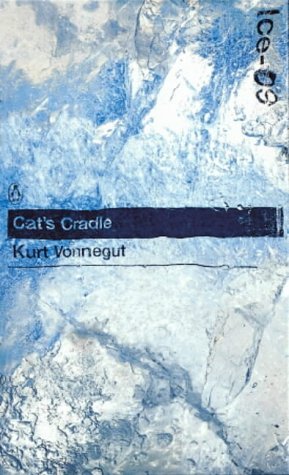"'It is a far, far better thing that I do, than I have ever done; it is a far, far better rest I go to than I have ever known'" (293).
This passage, spoken by Carton before dying on the Guillotine, is in a way his revelation and realization of his drastic character change. Living a life of being undetermined, lazy, drunk, and many other unattractive traits, Carton's end is a drastic turnaround. Giving the ultimate sacrifice of death for another and a society is better than he has ever done. He has learned the importance of being a good person, however, unfortunately this realization has taken place at the event of his death. This realization makes it a far better rest than he has ever known. Carton was dying at the Guillotine is for Darnay, Lucie, and the good of society. Carton sees the city of Paris as a "beautiful city and a brilliant people from this abyss" and makes this one of his drives for sacrifice. This final sentence illustrates Cartons final transformation and good intentions in result of his death.
Personally, I found A Tale of Two Cities a very difficult novel to get through. I am unfortunately not accustomed to reading aged literature and find it a very trying process. While I tried very hard to understand this novel, the writing style and detail lost me at times. The many different characters being randomly introduced along with the constant change of cities also added to my confusion. With many key events occurring, the over development and description caused me to lose sight of what was going on at times. For example, the explanation of the mail getting to Mr. Lorry went on and on. Overall, I found the plot a very good one that portrayed a very good message. Had it not been for the writing style and constant detail throughout the novel, I would have most likely enjoyed this novel because of the great plot and lesson in the end.


